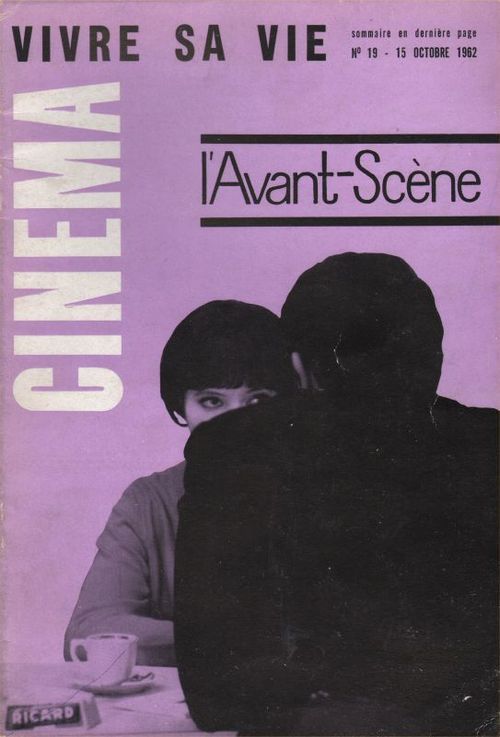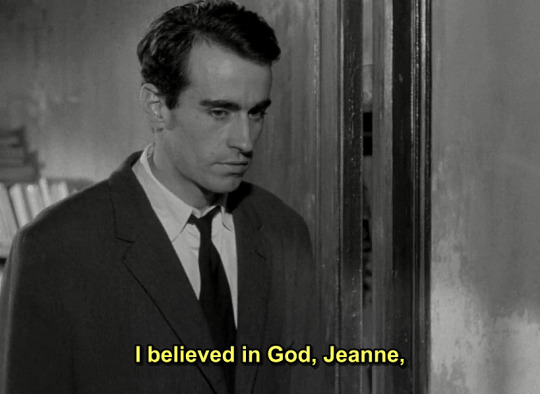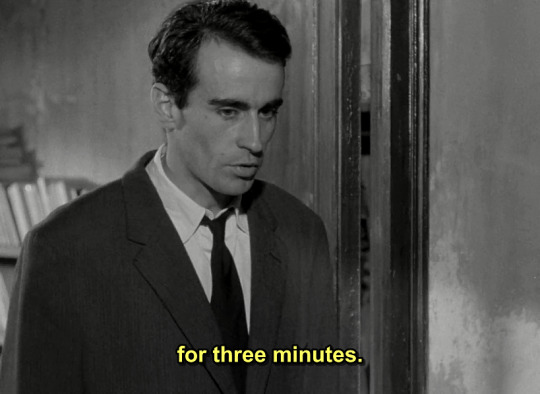Photo
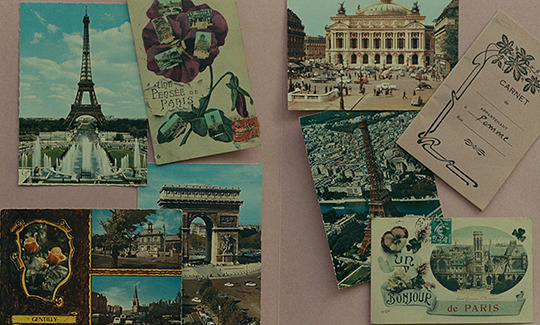
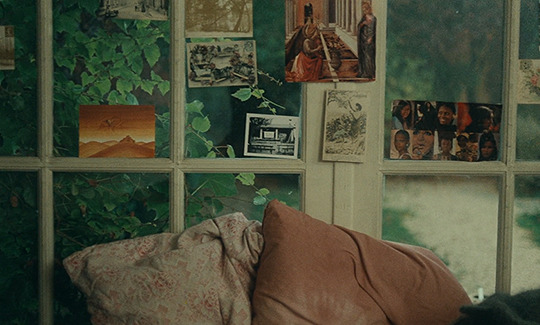

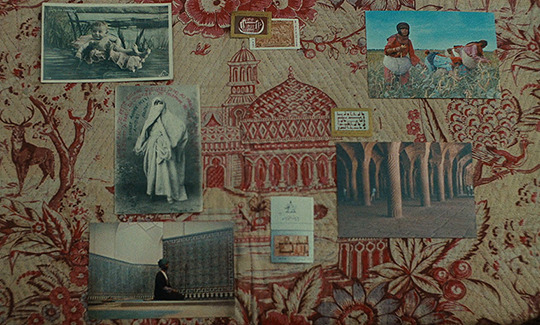
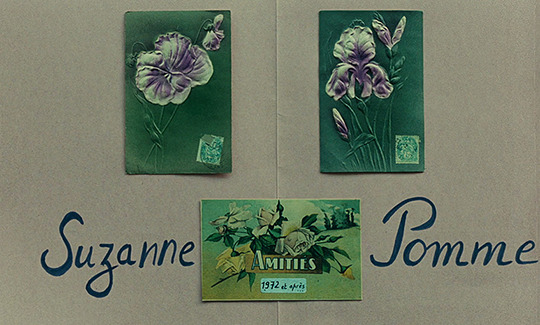
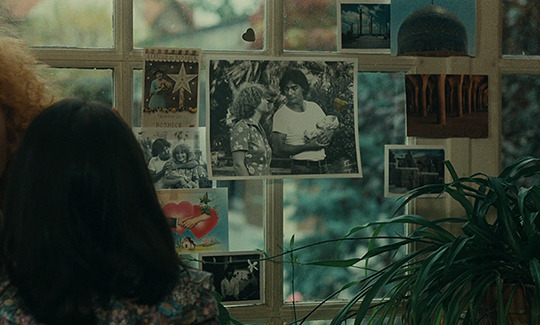
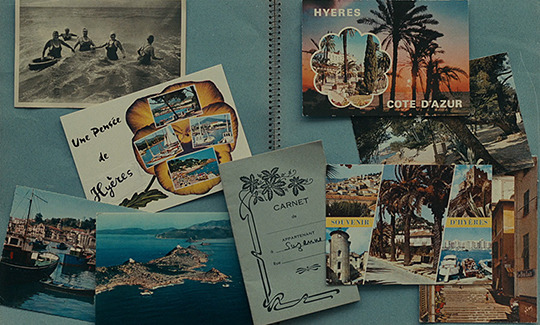
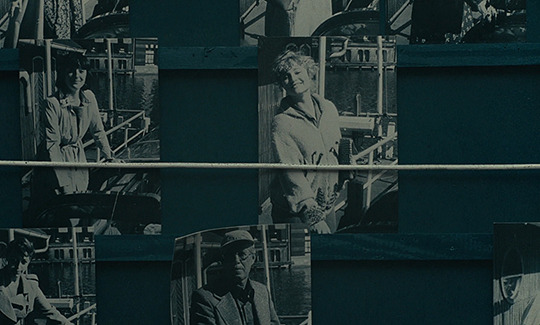
One Sings, the Other Doesn’t (1977) dir. Agnès Varda
712 notes
·
View notes
Text
youtube
1 note
·
View note
Text
A cool essay that compares two of the films we watched— Jean-Luc Godard's Alphaville, and Jean Cocteau's Orphée! Thanks @emmaetsesamis for the link. Read more here.
2 notes
·
View notes
Text
Vocab from Beau Travail discussion

During my Film Club, attendees do their best to speak only in French (myself included), though it occasionally comes up that a word is said in English. I have a tab open during the discussion so I can look up words in a French/English dictionary so I can put the correct translation in the group chat without breaking the flow of conversation. Here’s the vocab from last week’s discussion on Alphaville.
A release = une libération
Regimented = enrégimenté
Exhale = une expiration
Was a part of = Fait parti de
Character = personnage
To enforce = Imposer
Saying = Le dicton
Tattoo = Le tatouage
Confusing = Déroutant(e)
Weapons = Armes
0 notes
Text
In Beau Travail’s final minutes, Denis returns to the Bar des Alpes, a disco that appears throughout the film, where the legionnaires mingle with local girls on a mirrored dancefloor. Now the stage is solely Galoup’s. Clad in black, he smokes, cruises, poses. He begins to dance with grace and force, precision and abandon, first as if in communion with an invisible partner, then determinedly alone. He builds to explosive, spasmodic movements that propel him up against the wall and down to the floor, rolling frenetically until he exits the frame. In a film that consistently muddles chronological time and confuses the distinction between mental pictures and real events, it is impossible to assign a clear ‘what’ or ‘when’ to these unexpected images. They are out of time, after the end.
Read the full essay here.
youtube
#beau travail#claire denis#Denis Lavant#french film#the rhythm of the night#frieze#frieze magazine#erika balsom#Youtube
0 notes
Photo
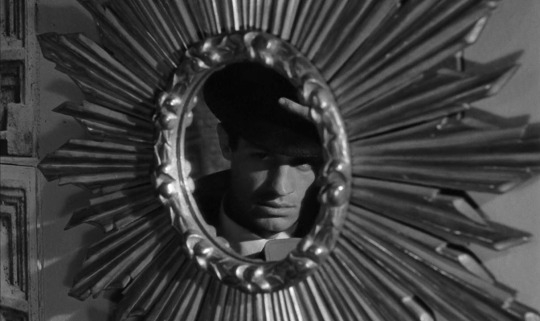
Le Doulos (Jean-Pierre Melville, 1962)
*Cinematic Studies is also on Instagram. Follow @cinematicstudies
126 notes
·
View notes
Text
youtube
Beau Travail: Deconstructing Masculinity.
1 note
·
View note
Text
"Perhaps this performance, in which Jeanne is struck silly by the return of a past lover, would not feel so remarkable—so cathartic—were the roles that had defined Seyrig up to that point not bound to a certain aloof mystique and sense of enchantment, qualities forged in large part by the awestruck male directors with whom she initially worked. Surely her seraphic screen persona was a natural extension of her urbane bearing, her breathy voice, and its beguiling lilt. But she was always more than this, and she knew it; she was deeply opinionated, sensitive to the world around her. For a while, she was a projection of other people’s desires, yet it was when she began to explore her own that she was at her most dazzling."
Read the full essay.
4 notes
·
View notes
Text
Vocab from Alphaville discussion
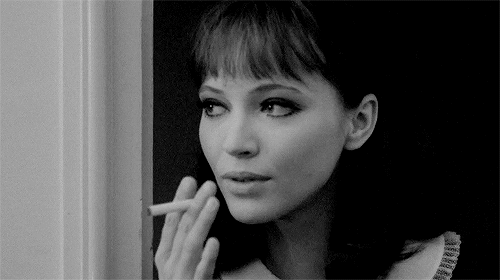
During my Film Club, attendees do their best to speak only in French (myself included), though it occasionally comes up that a word is said in English. I have a tab open during the discussion so I can look up words in a French/English dictionary so I can put the correct translation in the group chat without breaking the flow of conversation. Here's the vocab from last week's discussion on Alphaville.
Plot = l'intrigue
Big deal = Gross affaire
Low budget = Petit budget
Executor = Exécutrice (f), Exécuteur (m)
Backwards = En arrière
Unsettling = Troublante
Track Record = Antécédent
0 notes
Text
"We may immediately recognize un film d’Aki by his patented brand of affective reserve and rumpled formalism—he favors blue and beige foregrounds that hold the light with a warm, painterly glow; tends to limit camera movement; tamps down overt drama from his performers; and envelops this deadpan field of action with a unique musical ambience, chiefly derived from 1950s and ’60s rockabilly. There’s also a fair amount of free-flowing alcohol. But it’s his artistic and empathetic alignment with society’s outcasts that truly defines his cinema."
Read the full essay here.
2 notes
·
View notes
Text
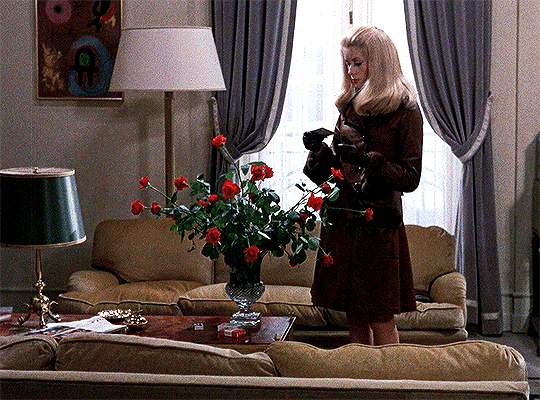
Bunuel, who was 67 when the film was released, had spent a lifetime making sly films about the secret terrain of human nature, and he knew one thing most directors never discover: For a woman like Severine, walking into a room to have sex, the erotic charge comes not from who is waiting in the room, but from the fact that she is walking into it. Sex is about herself. Love of course is another matter.
Read the full review.
2 notes
·
View notes
Photo
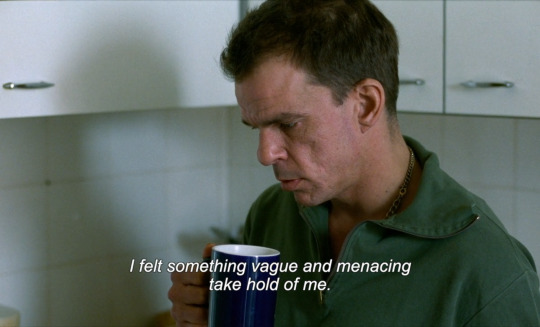
Beau Travail (1999), dir. Claire Denis
73 notes
·
View notes
Text


Grégoire Colin in the amazing film Beau Travail (1999, Claire Denis)
38 notes
·
View notes
Text
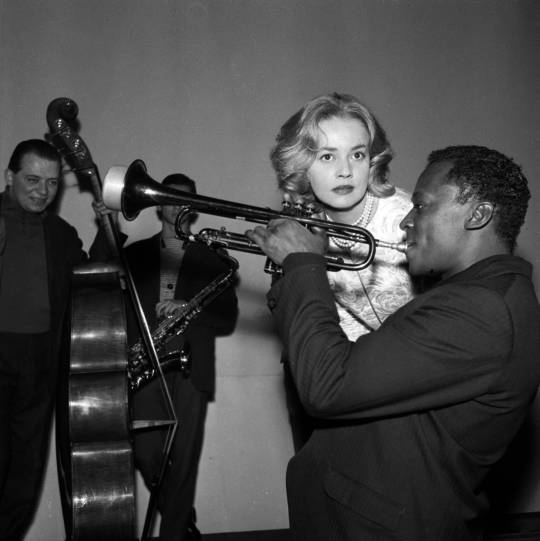
Jeanne Moreau and Miles Davis
33 notes
·
View notes
Photo
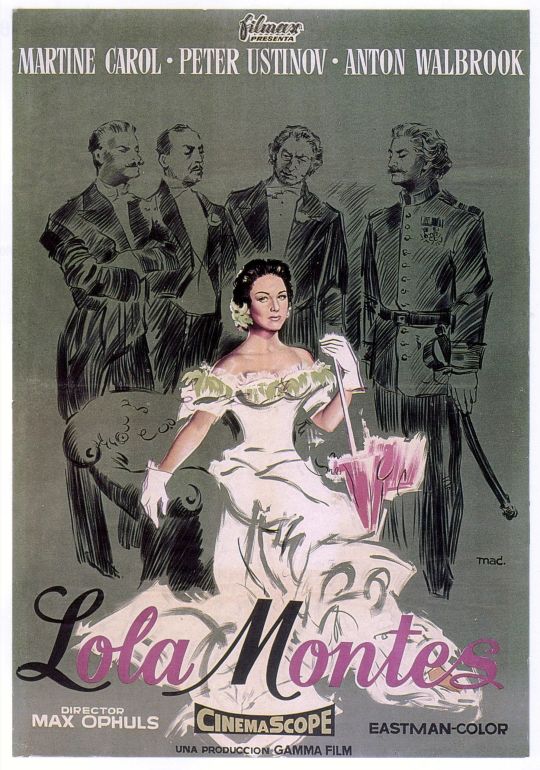
7/14/20
LOLA MONTES, directed by Max Ophuls, 1955.
10 notes
·
View notes
